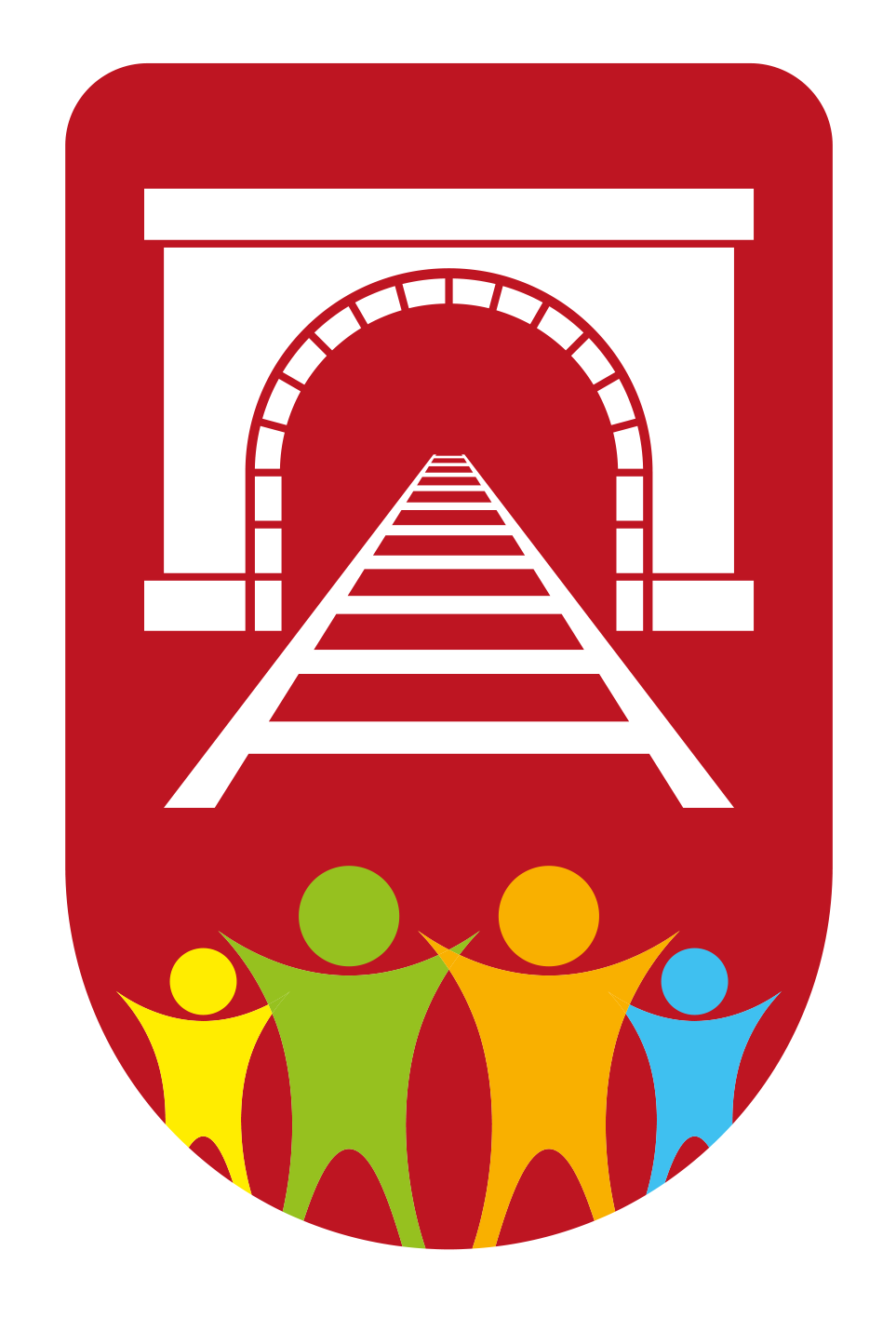Computing
Intent
Why is Computing Important at Kilsby?
At Kilsby, we focus on developing the whole child, and support the children to ‘live life in all its fullness’ (John 10:10).
Through computing, we not only learn to use technology purposefully and effectively, but become aware of the underlying processes involved, helping us to understand how best to apply skills safely and ethically. Learning about control systems and robots increases awareness of many of the operating systems we use to manage our everyday lives. Computing helps pupils to express themselves and develop their ideas through information and communication technology, at a level suitable for the future workplace and as active participants in a digital world.In computing, we also develop essential skills for life in a digital age, learning to apply critical thinking and problem-solving skills. All of the above will enable children to leave our school as responsible, well-rounded and confident individuals, who are prepared for their life beyond primary school.
Moreover, the internet helps us to rapidly access ideas and experiences from a wide range of individuals, communities, countries and cultures. This links to our school values of Equality, Care and Respect as computing teaches pupils how to flourish in a connected world, developing their sensitivity to others online, treating them with respect, and showing respect for their privacy.
Moreover, Computing nurtures pupils’ collaboration skills, as they work together and support one another in their learning. This ties in well with our school value of Cooperation.
Computing will allow our pupils to become confident individuals as they develop their enthusiasm and respect for using technology in the wider world and present to one another and upload their work for others to see; linking further to our school values of Respect and Cooperation.
Implementation
When is Computing / ICT taught?
Computing / ICT is taught primarily linked to thematic units. The attached overview (Appendix 1) maps out which thematic units feature this subject and the Long-Term Plan (Appendix 2) clearly shows the objectives taught.
How is Computing / ICT taught?
Computing / ICT is taught through a combination of subject knowledge and development of specific skills and competencies. Learning takes place mainly inside the classroom.
What do we learn about in Computing / ICT?
We learn about the following:
- Programming
- Networking
- Sequencing
- Multimedia
- Data Handling
- Presentations
- Word Processing
- Animation
- E-Safety
- Computer-Aided Design
- Research
- Podcasts
- Sound FX
How do we assess and monitor Computing / ICT?
Formative assessment in computing occurs throughout the learning process, through dialogue and conversation with the children as they are working. At Kilsby, we want to promote the whole child and value our children’s individual responses in the subject; therefore, we should give open-ended feedback and use effective questioning techniques.
For their summative assessment, teachers refer to the Skills Ladder and Knowledge Builders for their phase group, which reference: e-safety, computer science, data, communication, technical vocabulary and multimedia.

